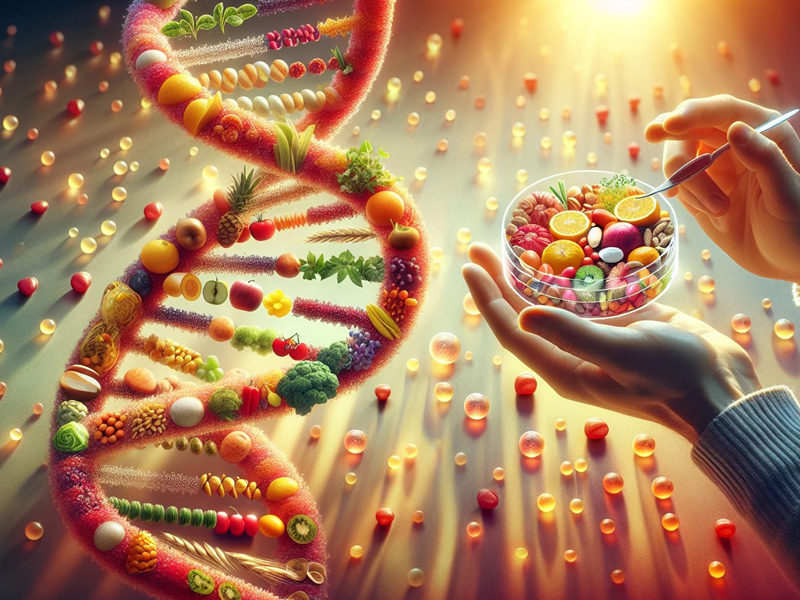
One of the most significant advantages of nutritional genomics is its potential to enhance the effectiveness of dietary interventions. Traditional dietary guidelines often follow a one-size-fits-all approach, which may not be suitable for everyone. Genetic differences can affect how individuals metabolize macronutrients, vitamins, and minerals. For example, some people may possess genetic variations that impact their ability to absorb specific nutrients, such as folate or vitamin D. By utilizing genetic testing, individuals can identify their unique nutritional needs and adjust their diets accordingly, leading to improved health outcomes and a better quality of life.
Nutritional genomics also plays a crucial role in disease prevention. Research indicates that certain genetic variations can increase the risk of chronic diseases such as obesity, diabetes, and cardiovascular conditions. Understanding these genetic markers allows individuals to adopt dietary patterns that mitigate their risk. For instance, someone with a genetic predisposition to high cholesterol may benefit from a diet rich in omega-3 fatty acids and fiber, while another individual might need to focus on reducing saturated fats. By aligning dietary choices with genetic predispositions, individuals can take proactive steps in managing their health.

Furthermore, nutritional genomics can significantly enhance athletic performance and recovery. Athletes can leverage genetic insights to tailor their diets for optimal energy levels, muscle recovery, and overall performance. Understanding how their bodies respond to different nutrients allows athletes to make informed choices regarding food intake, hydration, and supplementation. This personalized approach not only improves training outcomes but also reduces the risk of injuries, enabling athletes to reach their peak potential.
As research in nutritional genomics continues to advance, the potential for personalized nutrition will expand even further. With advancements in technology and genetic testing, individuals will gain greater access to information about their unique nutritional needs. This shift toward personalized nutrition could revolutionize public health initiatives, leading to more effective strategies for combating obesity and related diseases.
Moreover, the integration of nutritional genomics into everyday healthcare could foster a more proactive approach to health management. Healthcare professionals equipped with knowledge of nutritional genomics can offer tailored dietary recommendations that consider an individual’s genetic makeup. This personalized approach not only enhances patient engagement but also promotes long-term adherence to healthy eating patterns.
Nutritional genomics is a promising field that holds the key to unlocking the complexities of individual dietary needs. By embracing this knowledge, individuals can take proactive steps toward better health and well-being. As we continue to learn more about the intricate relationship between our genes and nutrition, the possibilities for personalized dietary strategies will only grow, paving the way for a healthier future.







